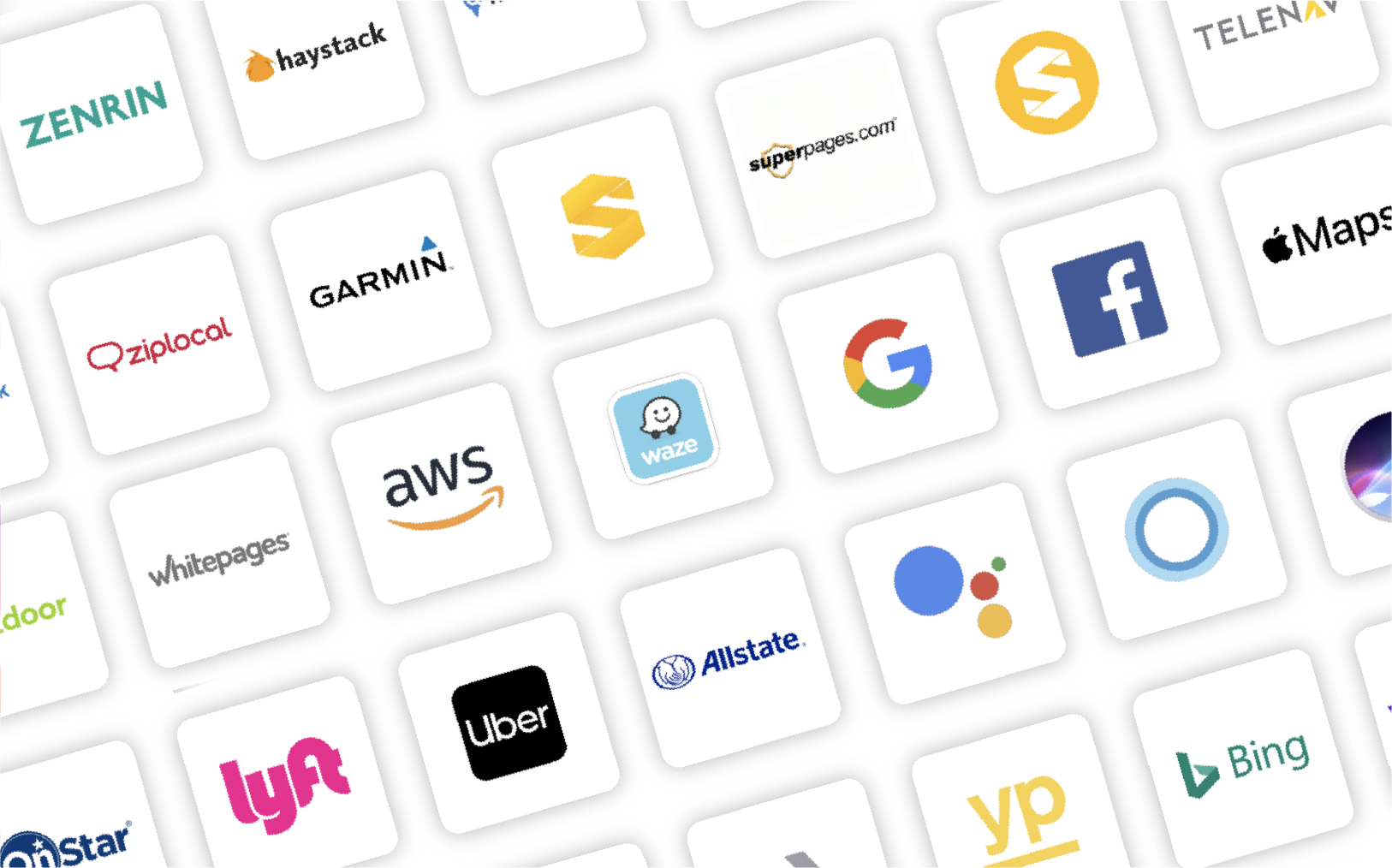There’s no shortage of great tools and marketing software that promise to help your clients rank higher and drive traffic – both in-store and online.
Far too often, Local SEO fundamentals get overlooked or simply forgotten. These three local SEO fundamentals deserve your focused attention, and in most cases, a little TLC. These ideas may not be sexy, but they’re effective.
#1: Manage Google Business Profile (GBP) at Scale
Whether you manage one client or one thousand, finding a solution that makes it easy to efficiently update and monitor your clients’ Google Business Profile is critical. Your client’s Google Business Profile listing is often the first impression of their brand and business. Having accurate information, up-to-date reviews and responses, and a thriving social media portfolio are important pieces to creating the proper first impression. All of which contribute to a higher search ranking and better visibility.
While your client’s “Google” listing gets the most traction and intent, you can’t forget about other local listing directories. There are literally 100’s of them. Having accurate and consistent listing information on each directory can make or break your overall indexing performance.
#2: Respond and React to Reviews
Did you know that consumer reviews are significantly more trusted (nearly 12 times more) than descriptions that come from manufacturers?
If your clients want to dominate local SEO, they must have a strategy for responding to reviews, both positive and negative. Simply taking the time to respond to reviews in a human, empathetic, and timely manner can have a dramatic impact. A report via Small Business Trends confirmed that reviews produce an average of 18% uplift in sales and contribute 10% to the Google Search Engine Results Page (SERP) rankings.
#3: Target Local Keywords
It sounds like a no-brainer, but if your clients want to beat their local competition, then you need to get hyper-focused on targeting local keywords.
By doing a little keyword research, you can glean valuable insight into the queries that your client’s audience is actually searching for on Google. But don’t forget to anchor those search terms with local/geographic modifiers. For example, if your client has a car dealership in Dallas, and another location in Fort Worth, you’ll want to make sure your content strategy incorporates “Dallas” and “Forth Worth” into their website and content strategy to help you rank for local search.
Need to get back to basics quickly? Locl can help! Our location performance software is specifically designed to equip agencies with performance-driving features and practical recommendations to tackle their client’s digital marketing needs.
Locl equips 1000s of multi-location businesses in marketing agencies to win the trust of consumers with online location profiles that are accurate, consistent, and compelling. Talk to Sales!

